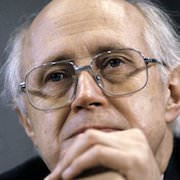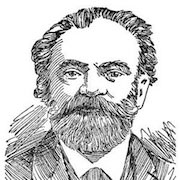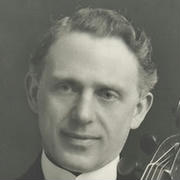William Henry Squire, ARCM (8 August 1871 – 17 March 1963) was a British cellist, composer and music professor of the late 19th and early 20th centuries. He studied cello at the Royal College of Music, and became professor of cello at the Royal College and Guildhall schools of music. He was principal cello in several major London orchestras and helped to popularize the cello as a solo instrument in the early years of the 20th century by giving public concerts throughout the British Isles and making recordings; he became well known for his performances of the Elgar and Saint-Saëns cello concertos. In 1898 the French composer Gabriel Fauré dedicated his cello piece Sicilienne to Squire. Squire's own compositions were written mainly for the cello; these included several solo pieces of light character and a cello concerto; he also wrote the music for a number of songs.
One of Squire's legacies is a collection of student-level works for cello and piano which appear in string teaching syllabuses all over the world including those of the Associated Board of the Royal Schools of Music, the Internet Cello Society and the Suzuki method of string instrument teaching.







